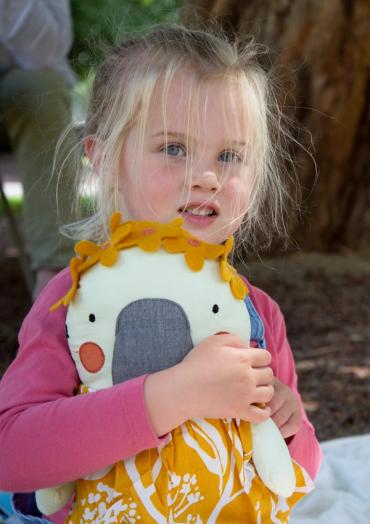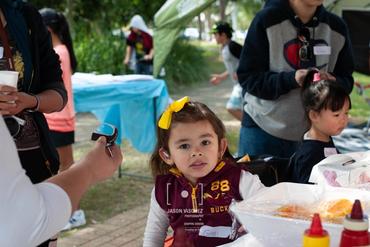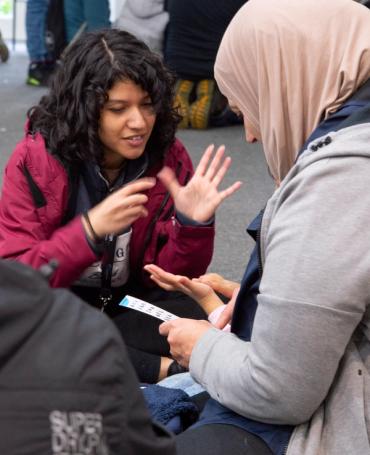Communication in the family - some tips to help...
From the moment they’re born, every child is wired to explore their world and build relationships with people. To do this effectively, children need skills in language and communications.
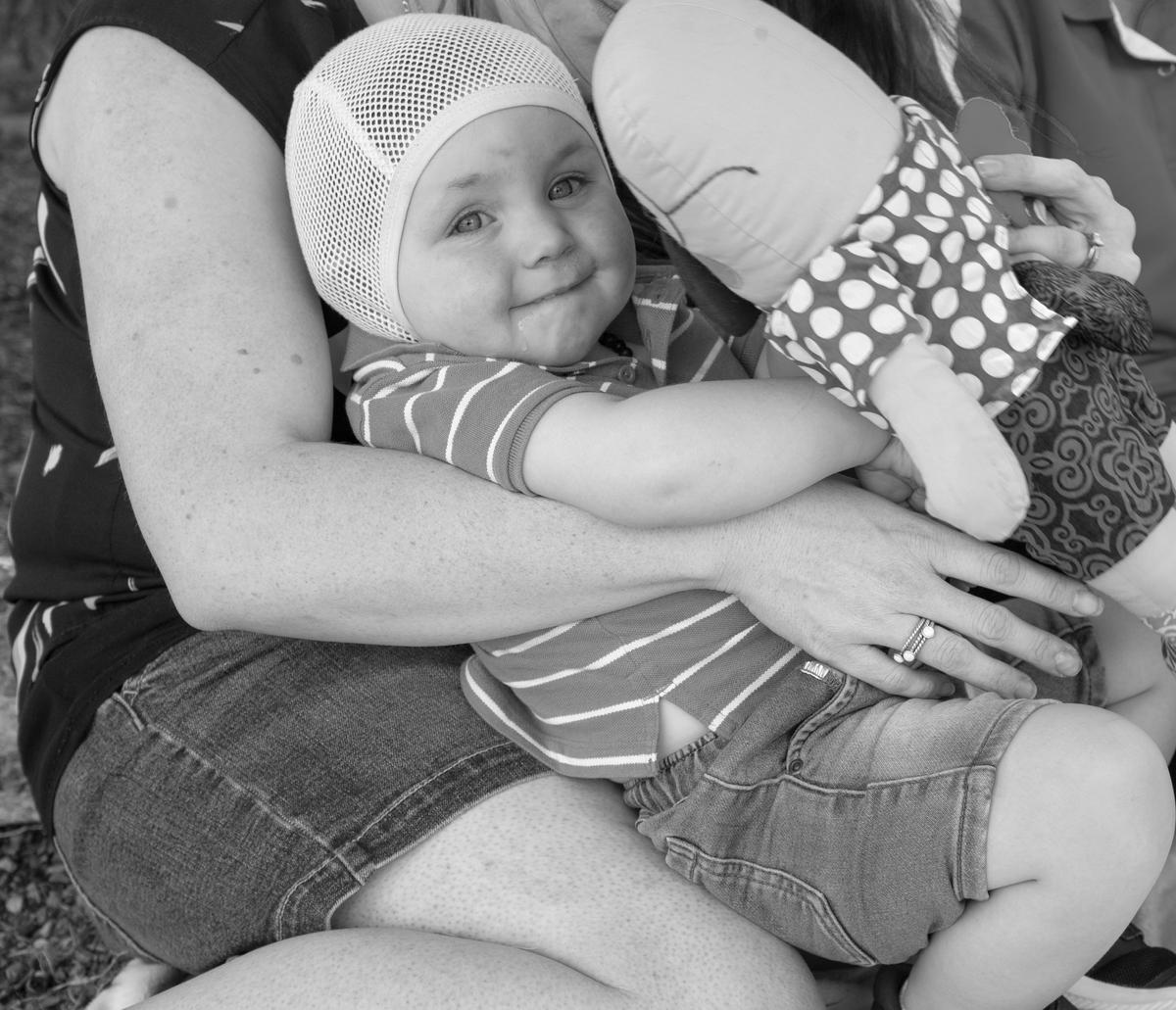
Language uses words and grammar to share information, ideas, needs and feelings. Children need to be immersed in a language-rich environment to develop strong language skills. They need to be surrounded by people who use that language well. The development of language skills may not be obvious in the first year of life, but babies start understanding language well before they start expressing themselves.
Children need to be immersed in a language-rich environment to develop strong language skills.
Communication is a two-way process between people and includes what you say or sign. It also involves other aspects, such as tone of voice, gestures, eye contact, facial expressions, and body language.
Babies start to communicate very early in life, by smiling, pointing and reaching out to be picked up, for example.
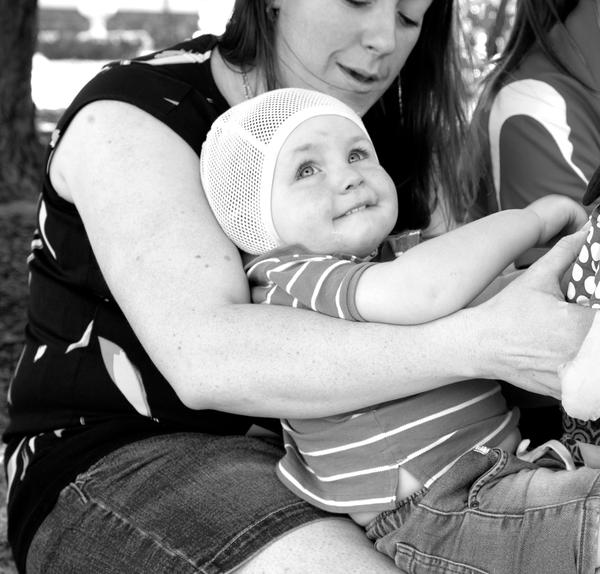
It’s vitally important to communicate with your deaf or hard of hearing child from birth. Doing this will ensure they have the opportunity to express their needs and emotions and establish relationships with your family and other caregivers.
The communication skills developed within your family will set your child up to communicate at school, work and in the community
Communication options
Challenges to communication can occur when a deaf or hard of hearing child is born to hearing parents. This is because, unlike deaf parents who have a deaf child and probably already communicate with sign language, they don’t immediately share a common language.
Parents will need to decide on a form of communication that everyone in your family can learn to use.
There are a few types to choose from, which you can learn more about here. There are no right or wrong choices. Your decision will depend on your family situation and the needs of your deaf or hard of hearing child.
Tips for effective communication in your family
Whatever approach you choose, there are things you can do to support effective communication in your family. They include:
- Making sure you get your child’s attention before you start talking/signing.
- Ensuring you face your child, ideally at the same level, and have good eye contact.
- Keeping background noise to a minimum when you’re speaking (carpets and curtains in your rooms can help reduce the impact of noise).
- Speaking naturally, clearly, and at a normal rate. Avoid shouting, as this can make it look like you’re angry, as well as disrupt lip patterns.
- Making it easier to lip-read and see facial expressions by ensuring your rooms are well-lit and avoiding having your back towards a window while you’re communicating.
- Ensuring you don’t block your child’s view of your face while you’re speaking, such as with food or drink. Also make sure to keep a beard or moustache well-trimmed.
- Using facial expressions and gestures to highlight meaning and support your conversion, even if your child isn’t using sign language.
- Using a more common word or sign, or one with the same meaning, if your child has difficulty understanding what you’re trying to say.
- Allowing enough time for your child to respond to what you’ve said.
- Letting your child know if the topic of conversation is changing.
- Pausing regularly to check you both understand the conversation.
- Encouraging your child to stop you if they don’t understand.
- Ensuring you only speak one at a time.
You can further clarify things during a conversation by:
- Repeating the full sentence, or the most important parts of it (such as the beginning, ending, or key words).
- Providing more context, such as the overall topic, or what happened before or after an event.
- Using related words, such as ‘garden’ when you’re talking about your vegetable patch.
Communication within your family can be more difficult if anyone is tired or stressed, so don’t beat yourself up if things don’t always go well. It’s okay to take a break and try again later!
Support for good communication in your family
Your early intervention service provider and/or speech pathologist can assist you with making a decision about what type/s of communication could suit your family. They can also support your family to develop effective language and communication skills.

